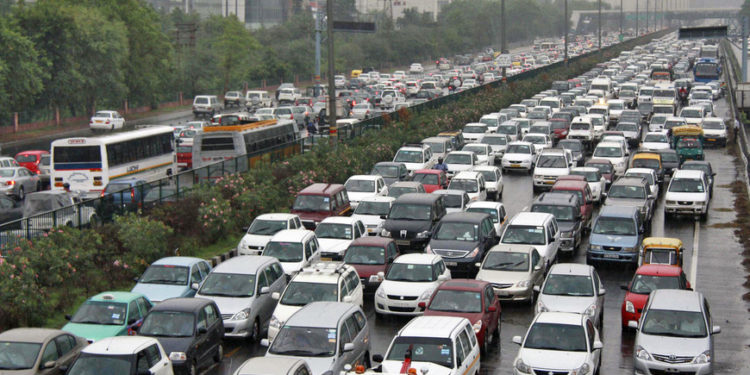Title: Kenyan Government Unveils Plans for Motor Vehicle Circulation Tax and Toll Stations
Kenya’s National Treasury has announced intentions to implement the Motor Vehicle Circulation tax, applicable to all vehicle owners across the nation.
This initiative, outlined in the 2024 Budget Policy Statement presented in Parliament and reported by Kenyans.co.ke, aims to bolster revenue generation through the enforcement of a wealth tax.
The tax scheme, detailed in a 172-page document, will entail a flat rate for all vehicles along with supplementary charges based on engine capacity.
The Treasury has emphasized the progressive nature of this taxation, scheduled for implementation between the fiscal years 2024/2025 and 2026/2027.
Treasury Cabinet Secretary Njuguna Ndung’u articulated the government’s plans during a meeting at the Deputy President’s residence in Karen, October 2023.
“The Government will introduce Motor Vehicle Circulation tax, in the medium term, on all motor vehicles based on a flat rate or on the engine capacity of the vehicle to improve progressivity. In the design of the tax, exemptions will be provided for certain categories of motor vehicles,”He stated
The tax mechanism, as outlined in the Treasury Medium-Term Revenue Strategy, mandates annual payments by vehicle owners. Enforcement strategies will leverage insurance policy renewals to ensure compliance, as elucidated in the strategy document.
However, the implementation of this tax may present financial challenges for some motorists, particularly with the concurrent proposal to establish toll stations on new highways nationwide.
Transport Cabinet Secretary Kipchumba Murkomen clarified that toll revenues will be reinvested to enhance the country’s infrastructure, offering opportunities for investment from pension funds, financial institutions, and citizens through the stock exchange.
“To support the local economy, dualling and tolling of roads will be open to pension funds, local financial institutions and ordinary citizens through the stock exchange,” Ruto explained.
Revenue from tolls can supplement government budgets and enable agencies to invest more in infrastructure without relying only on budgetary allocations.”
Among the highways slated for toll implementation is the Nairobi – Mombasa Highway, with construction anticipated to commence in the 2026-2027 Financial Year.

















